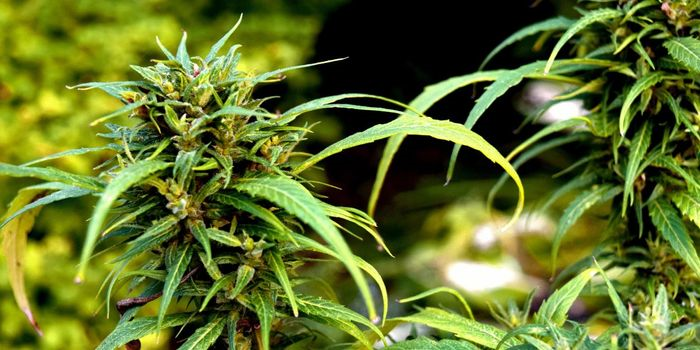A recent study, published in the Journal of Affective Disorders, has shown that cannabis reduced the severity of the symptoms of post-traumatic stress disorder (PTSD), at least for a shorter duration.
Lead researchers Prof. Carrie Cuttler of Washington State University and her colleagues looked at data of more than 400 people who monitored and tracked their PTSD symptoms before and after cannabis use. They used the Strainprint app to analyze the data, which helps the user to learn what types of medical marijuana work best for their PTSD symptoms.
The researchers found that cannabis reduced the severity of symptoms such as intrusions and returning thoughts of traumatic events by about 62%, irritability by 51%, and flashbacks by 51%, and anxiety by 57%. However, the reductions in the symptoms were not permanent.
Cuttler said, “The study suggests that cannabis does reduce symptoms of PTSD acutely, but it might not have longer-term beneficial effects on the underlying condition.”
“Working with this model, it seems that cannabis will temporarily mask symptoms, acting as a bit of a band-aid, but once the period of intoxication wears off, the symptoms can return,” she added.
Cuttler noted there is growing evidence that most people with PTSD are using medical marijuana to ease their symptoms. “A lot of people with PTSD do seem to turn to cannabis, but the literature on its efficacy for managing symptoms is a little sparse,” she said.
However, the researchers cautioned that the study is limited by reliance on self-selected and self-identification samples of participants.
Cuttler and her team also looked at the variables but found no difference in the effect of cannabis with cannabidiol (CBD) and tetrahydrocannabinol (THC), two major components of cannabis.
The researchers said the therapeutic effect of cannabis could be due to a combination of THC, CBD, and some other constituents of the cannabis.
“We need more studies that look at whole-plant cannabis because this is what people are using much more than the synthetic cannabinoids,” Cuttler said. “It is difficult to do good placebo-controlled trials with whole-plant cannabis, but they’re still really needed.” She added.





















